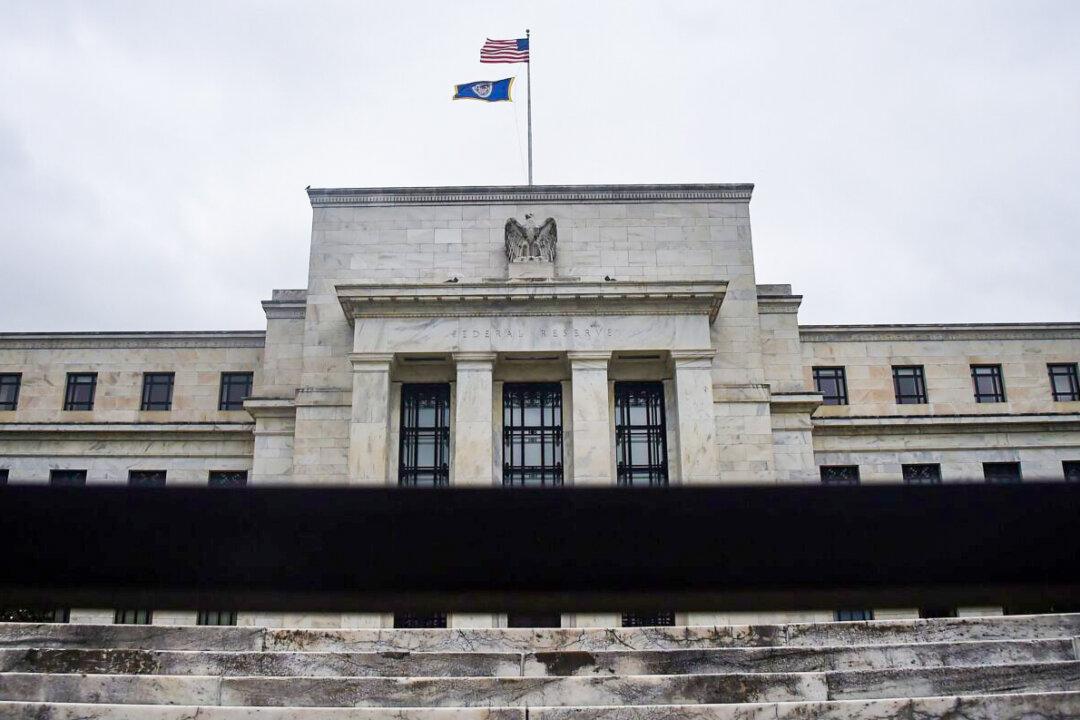The House of Representatives approved a bill on June 15 that would require the Federal Reserve to address social justice concerns, expanding the scope of the central bank’s mandate beyond its traditional priorities of price stability and economic well-being.
The House voted in favor of H.R. 2543, the Racial and Economic Equity Act, which would amend the Federal Reserve Act of 1913 to expand the mandate of the central bank, which has traditionally consisted of maintaining price stability and full employment, adding a clause which would oblige the Fed to promote “racial and economic justice.”





